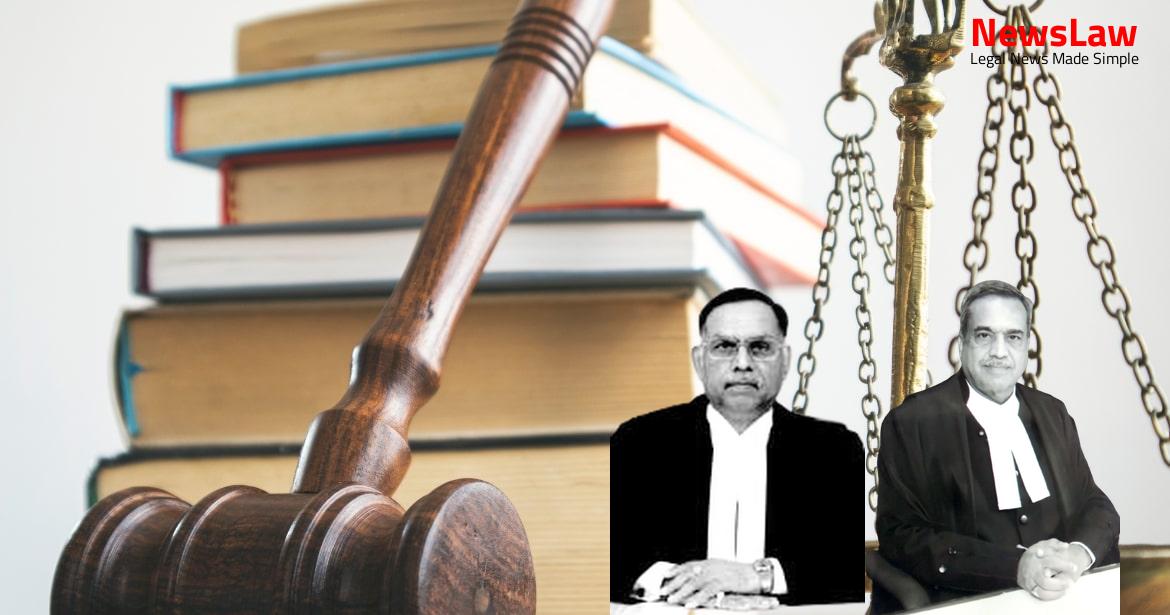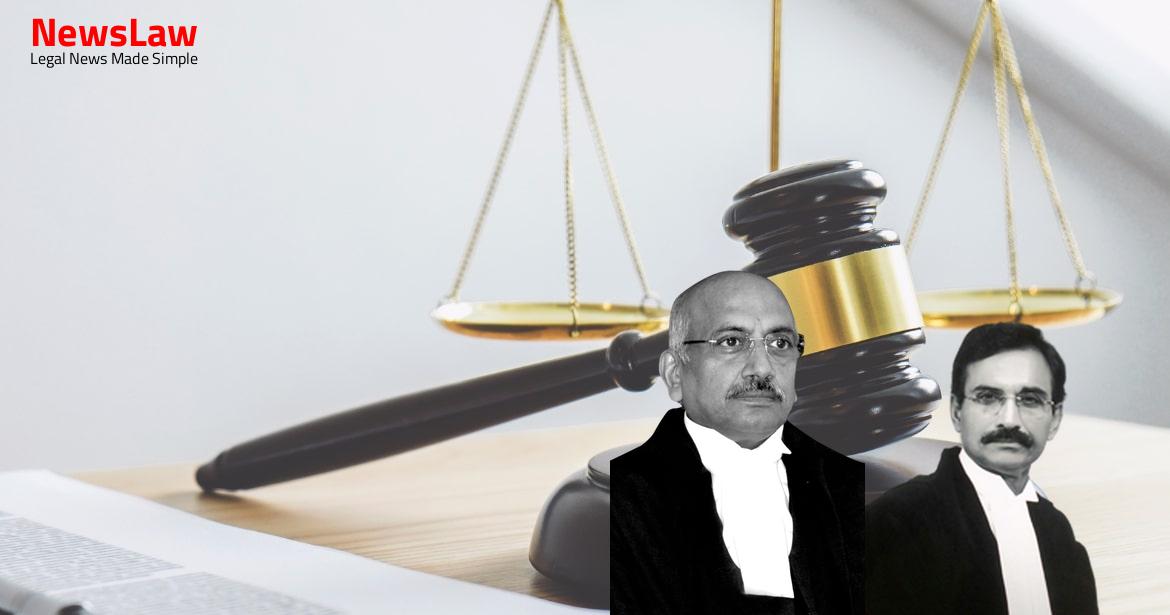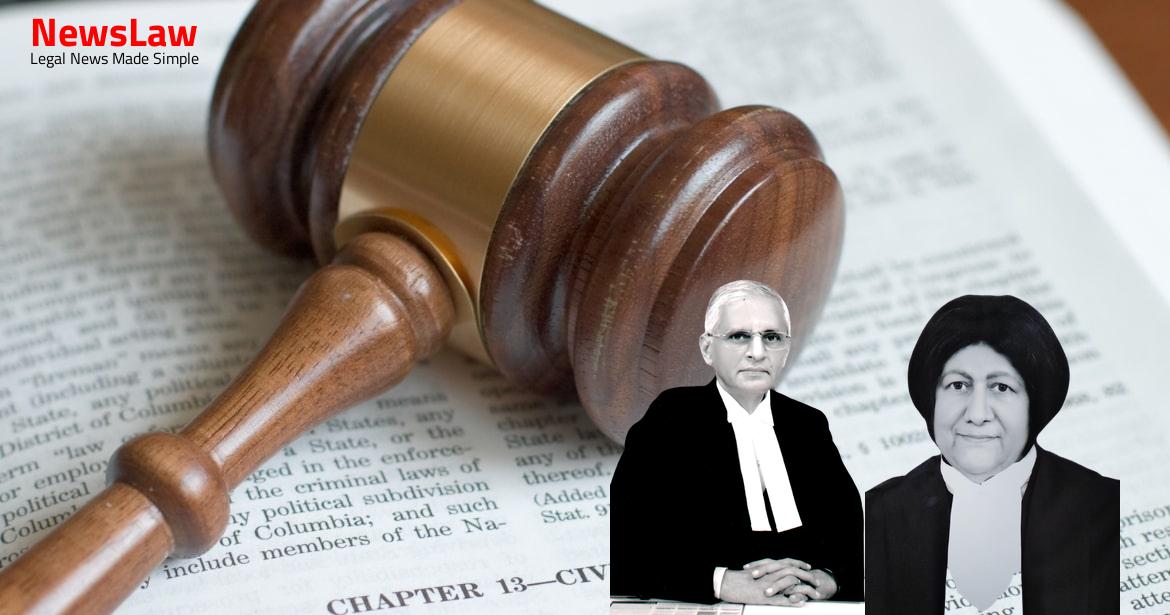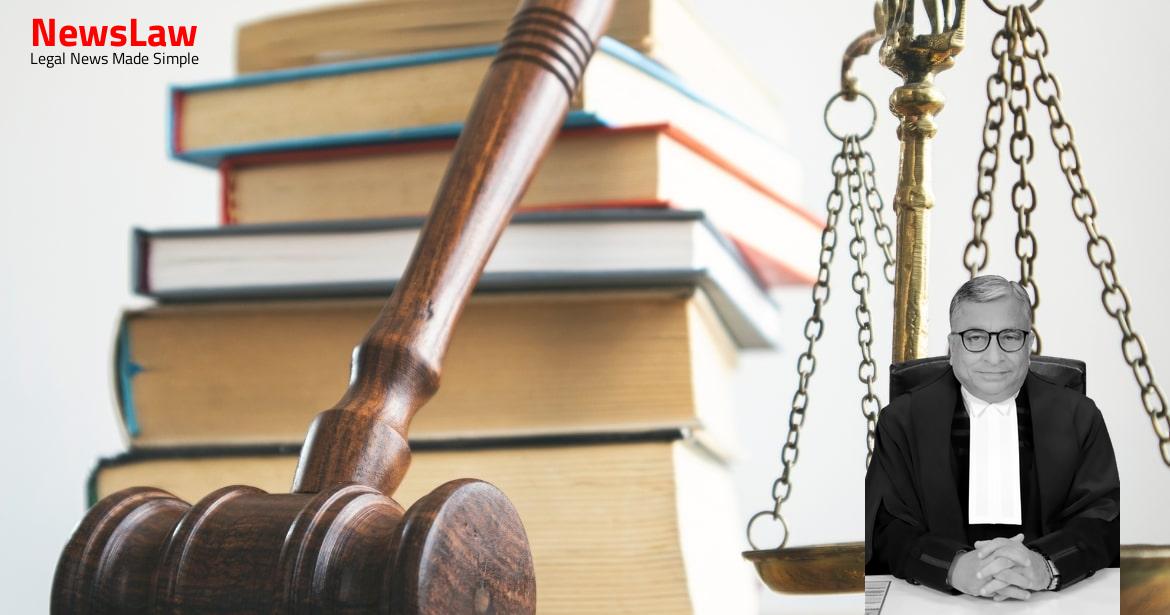Explore a detailed legal analysis on the maintainability of Special Leave Petitions in the context of recent court judgments. Understanding the principles governing the dismissal or acceptance of such petitions is essential for legal proceedings. The court’s thorough examination of the importance of challenging the main judgment in appeals sheds light on the intricacies of legal procedures. Follow for more insights on court rulings and legal doctrines.
Facts
- The petitioner, an employee of Kuruppampady Service Co-operative Bank, was suspended and faced disciplinary inquiry.
- An award by the Cooperative Arbitration Court modified the punishment of dismissal to a reduction in rank.
- Both the petitioner and the Bank filed appeals against the Arbitration Court’s decision.
- The petitioner then filed a Review Petition, a Curative Petition, and finally the current Special Leave Petition after facing dismissals in previous legal proceedings.
- The High Court dismissed the Review Petition No. 805 of 2018 filed by the petitioner in Writ Appeal No. 399 of 2014, leading to the filing of the current Special Leave Petition.
- The High Court found no mistake or omission amounting to error apparent on the face of the record.
- The Division Bench did not dismiss the review petition as not maintainable.
- The Cooperative Tribunal imposed compulsory retirement on 20.03.2003 with terminal benefits subject to liability.
- A writ petition filed by the petitioner before the Single Judge of the Kerala High Court was dismissed on 31.07.2013.
- The Division Bench of the High Court dismissed the writ appeal filed by the petitioner on 11.03.2015.
- A Special Leave Petition filed by the petitioner before the Supreme Court was dismissed on 21.08.2015.
- A Review Petition filed in the Supreme Court was also dismissed on 02.03.2016.
- The High Court, in its judgment, justified the Co-operative Tribunal for setting aside the punishment of reduction to lower rank and imposing compulsory retirement.
Also Read: Transfer of Writ Petitions for Chartered Accountants’ Tax Audit Guidelines
Arguments
- The respondent raised a preliminary objection that the special leave petition is not maintainable because the main judgment of the High Court was not challenged.
- The Cooperative Arbitration Court’s punishment of reduction in rank was wrongly substituted by compulsory retirement by the Cooperative Tribunal.
- The petitioner’s counsel referred to the Kunhayammed case in support of their argument.
- The petitioner claims to have been dismissed on petty charges due to political vendetta.
Also Read: Analyzing Interference with Acquittal in Legal Conviction Case
Analysis
- The submission that all subsequent judgments are per incuriam for not considering the decision in Thungabhadra Industries Ltd. v. State of A.P. is deemed incorrect.
- Reference to the judgment in Municipal Corporation of Delhi v. Yashwant Singh Negi where a special leave petition was rejected after due deliberation on the findings of the single bench of the court.
- Findings of this Court are supported by the decisions of the Apex Court in cases like Hussain Sasansaheb Kaladgi v. State of Maharashtra and J.K. Synthetics Ltd. v. K.P. Agarwal and Another.
- No omission to consider the judgment in Kunhayammed v. State of Kerala, which clarified that dismissal of a special leave petition does not deprive the aggrieved party of any statutory right of review.
- Reproduction of a passage from State of A.P. v. A.P. Jaiswal emphasizing the importance of consistency in the administration of justice for building confidence in the system.
- Special leave petition challenging order rejecting review petition not maintainable if main judgment is not under challenge.
- Doctrine of merger does not apply when review petition is dismissed.
- Decisions pertaining to the maintainability of special leave petitions need to be understood in the context of the principle of stare decisis.
- Court’s plenary jurisdiction under Article 136 of the Constitution not curtailed by provisions in the Code of Civil Procedure.
- Lack of challenge to main judgment renders special leave petition not maintainable if only the order passed in review is challenged.
- In case of review petition dismissal, there is no merger and the original decree remains unaffected.
- Time taken to pursue review may be excluded while condoning delay in filing an appeal, but it does not imply merger of the original decree with the review order.
- SLP not maintainable if main order was not challenged, only the order from the review petition was challenged.
- Special leave petition challenging the order of the High Court rejecting the review petition cannot be entertained when the main order in the writ petition is not challenged.
- If an SLP has been dismissed against the main judgment earlier, it becomes final between the parties and cannot be affected by a petition from the petitioner.
- The principle of not entertaining an SLP against an order rejecting a review petition when the main judgment is not under challenge has become a precedential principle.
- When the main judgment of the High Court cannot be affected in any way, no relief can be granted by the Supreme Court in an SLP against the order rejecting the review application.
Also Read: Judicial Review on Sentence and Compensation in Criminal Case
Decision
- Special leave petition against Division Bench judgment of 11.03.2015 dismissed earlier by this Court on 21.08.2015.
- Review petition filed by petitioner also dismissed by the impugned judgment.
- No reason seen to entertain this special leave petition as no relief can be granted.
- Appeal dismissed as it is not maintainable.
- No order as to costs. Special leave petition accordingly dismissed.
Case Title: T.K. DAVID Vs. KURUPPAMPADY SERVICE CO OPERATIVE BANK LTD. (2020 INSC 576)
Case Number: SLP(C) No.-010482 / 2020



